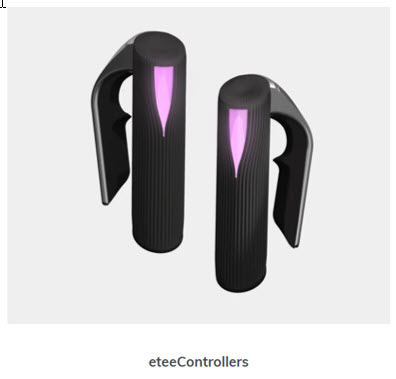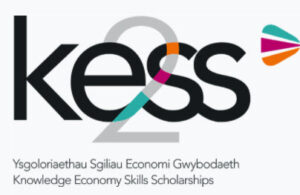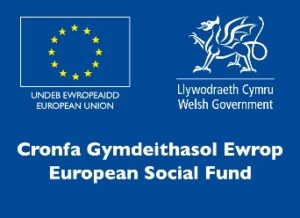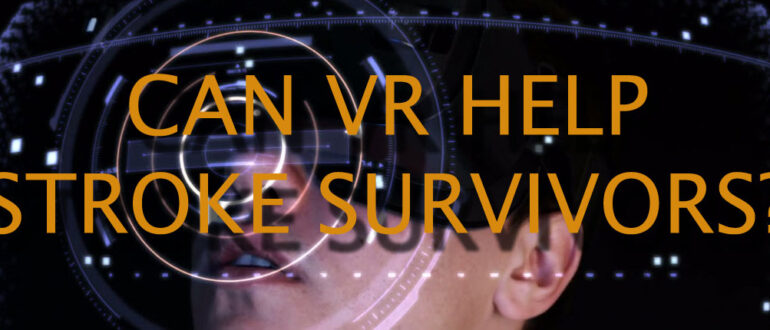 Virtual Reality (VR) allows an individual to interact with an artificial world through hand controllers and headsets. It was created for gaming, but research has shown how it may be applied to various health settings.
Virtual Reality (VR) allows an individual to interact with an artificial world through hand controllers and headsets. It was created for gaming, but research has shown how it may be applied to various health settings.
There is a growing evidence that indicates that VR can possibly improve motor function by providing a fun and motivating environment that can link to physical movements to encourage adherence to rigorous upper-limb task-based stroke recovery programmes. Current clinical evidence shows that VR-based rehabilitation is beneficial as an adjunct therapy to convenient rehabilitation therapy, but it is unclear who benefits most from VR rehabilitation (e.g., severity of impairment, time since onset of stroke, what type of VR (e.g., immersive vs. non-immersive), what kind of feedback is more effective).
 Although delivery hardware and software have improved over recent years, the evidence indicates that VR platforms do not suit all stroke survivors. Nevertheless, VR-based kit is being designed by commercial enterprises for stroke survivors to try, and this is on the whole, a good thing.
Although delivery hardware and software have improved over recent years, the evidence indicates that VR platforms do not suit all stroke survivors. Nevertheless, VR-based kit is being designed by commercial enterprises for stroke survivors to try, and this is on the whole, a good thing.
The University of South Wales research is aiming to improve finger function using virtual reality in post-stroke survivors. The researchers are working with TG0, a company that has created a new VR hand controller called etee. etee has the capability of tracking fine finger movements, which when embedded in a virtual reality environment, can offer realistic visual feedback; a key factor in therapies such as mirror therapy.
This is a pilot study to test the feasibility of using VR for stroke survivors.
 If you think you fit the participant criteria below and are kindly interested in helping Bethany Strong a post-graduate student studying at the University of South Wales with the work to test the feasibility and effectiveness of using the VR, please email the team (Dr Biao Zeng, Professor Peter McCarthy, Dr Ali Roula and Bethany Strong) at bethany.strong@southwales.ac.uk for details.
If you think you fit the participant criteria below and are kindly interested in helping Bethany Strong a post-graduate student studying at the University of South Wales with the work to test the feasibility and effectiveness of using the VR, please email the team (Dr Biao Zeng, Professor Peter McCarthy, Dr Ali Roula and Bethany Strong) at bethany.strong@southwales.ac.uk for details.
The team is looking for people who:
1) are over 18 years old.
2) can give informed consent.
3) are 3 months or more post-stroke
4) have reduced control in one hand
5) have access to the internet and a windows laptop or computer
6) can understand and read English
7) do not have any great problems with their vision
8) do not have any history of motion sickness
9) do not have Aphasia. (Aphasia is when a person has difficulty with their language or speech).
10) are not using the Nine-Hole Peg test (9HPT) as part of their usual care/ rehabilitation.
If this technology shows promise, the researchers hope to include participants from the above groups in future studies.
Please download details of the study by clicking this link.










2 Comments
I had a stroke on 19.4. 2019 and had to discharge myself from hospital on 7.5.2019 and was doing well with rehab at home until I got a letter ordering to shield in early March 2020. Since then with minimal social interaction, I try to keep going but my right hand is a serious problem. It was already weak before the stroke because of a ‘botched’ carpal tunnel operation a few years earlier. I am very independent and take responsibility for my health by monitoring my blood pressure every day and trying to use my exercise bike every day. Nothing for my right hand though, which is worse since the stroke as it was the right hand side of my body which was affected. No strength and no feeling of touch in four fingers (the smallest one seems Ok).
I would like to participate in your research.
Hi Josette,
Thank you for expressing an interest in the study. Please contact me via email bethany.strong@southwales.ac.uk to find out more information.
All the best,
Beth Strong